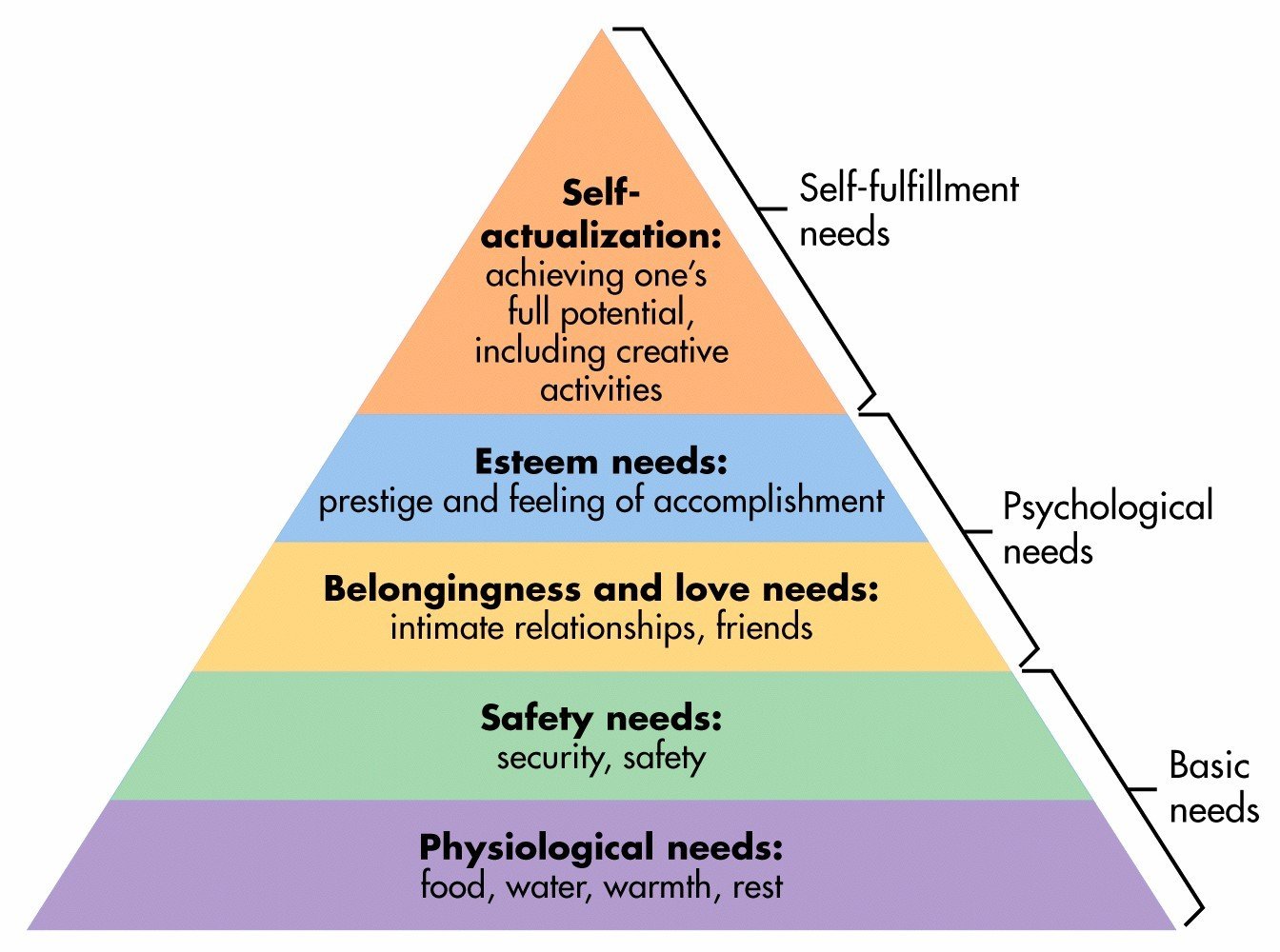
What do substitute teachers and flight attendants have in common?
Give up…
They’re both ignored by large groups of people while trying to give important instructions! (Not funny, I know, just bear with me)
The airplane safety demonstration is perhaps the most neglected script in the world on any given day. Even though its purpose is to help save your life in case of an emergency, passengers will direct their attention anywhere but the lovely flight attendants who are probably wondering why they even bother. On the other hand, many have probably heard the speech enough to recite it off by heart and how common are air accidents anyway? Realistically, the only people who wish they had paid better attention to the pre-flight safety briefing are those about to be involved in a plane crash. It was the same ‘this won’t happen to me’ train of thought that got me in so much trouble earlier this season. No, I wasn’t in a plane crash, but the impact of my experiences is comparable to getting hit by a proverbial bus.
Late in the spring of 2016 I was diagnosed with Obsessive-Compulsive disorder (OCD). Before my diagnosis I, like many, believed OCD to be more a nuisance than a disorder. I couldn’t have been more wrong:
To say that OCD can be debilitating is no exaggeration. At the time the anxiety was so intense I struggled to get out of bed. Ex-NHL goalie Corey Hirsch, a fellow OCD sufferer, explains it quite well in the The Players’ Tribune:
Thankfully, with the help of my support system, a brilliant psychologist, a compassionate doctor and medication, I was able to bounce back fairly quickly. Over the course of the next 18 months I gradually returned to being a functioning member of society. I was able to assistant coach through an entire USport season, start my masters degree, and win a silver medal at Canada Games. I thought that whatever this OCD thing was, I had beaten it! What I failed to realize was that OCD is a chronic condition. You can go long periods without flare ups but it never truly goes away. I stopped taking my medication without consulting my doctor and didn’t pursue further therapy. I hated the self-imposed stigma associated with mental health so I went back to ignoring the safety demonstration.
Fast forward to October, 2017 (earlier this season). My body was worn down after an exhausting pre-season trip to Ontario. I was so tired but like a true coach I told myself to power through, I’d be fine. A few weeks later, on the way back to Edmonton from Jasper National Park, I got hit by the same proverbial bus that came out of nowhere two years earlier. The intrusive thoughts came back and my anxiety went through the roof. I tried to sleep it off for the rest of the trip but to no avail. And thanks to a buy one anxiety disorder, get co-morbid depression free deal, I was back at square negative one.
Now, three months later, I am functional and recovering. I went back on my medication and sought out cognitive behavioural therapy. Am I back to 100%? No, that will take awhile, but I can get out of bed and have a productive day. Looking back at it, I’m proudest of the fact that I only missed two practices. On days when my existence was limited to sleeping and watching Netflix, I still made it to the gym for two hours because my team needed me.
Can you guess the moral of my story yet?
I’m not looking for sympathy or pity. Nor do I wish to be treated any differently. I am simply sharing my story to benefit others like me and because there is wisdom to be had from my experience:
Lesson 1: Pay attention to the safety demonstration
Mental health is in the public eye for a reason. Massive campaigns like ‘Bell Let’s Talk’ are dedicated to raising awareness of what some deem to be a health crisis. The World Health Organization lists depression as the leading cause of disability worldwide. Yet there are those (like me) who believe themselves to be impervious, who believe their mental health will never be compromised. Until it is.
Although society has seemingly declared war on the stigma surrounding mental health, there is still a long way to go. Looking back on my life, my first bout with OCD happened at eighteen years old. It took a decade for me to find someone who knew what was going on with me. To be fair, I wasn’t exactly searching high and low for answers because I was so scared to be labelled as having a mental illness.
Although the pre-flight safety demonstration is only be useful in an emergency, if something does go wrong, who is more likely to survive? The passenger who slept through it or the passenger who made the flight attendants day by “following along with the pamphlet in the seat pocket in front of you,” like they ask? The same goes for mental health. There has been an inundation of resources made available to the public regarding mental health and how to maintain it. Pay attention and educate yourself so you are prepared if your circumstances turn out to be more than just turbulence.
Lesson 2: Don your own mask before assisting others
A day in the life of a coach:
– Wake up
– Eat Breakfast (optional)
– Get to the gym for individual workouts
– Deal with an admin situation
– Plan practice
– Did I eat lunch?
– Meet with a disgruntled player
– Reply to recruiting e-mails
– Caffinate (Tim Horton’s or Starbucks? Wherever the line is shorter!)
– Run practice
– Get home quickly before my significant other kills me
– Man I’m hungry! (Pickup McDonald’s on the way home)
– Watch game film before bed
– 6 hours of sleep is plenty right?
– Repeat…
Coaching has the potential to be a very unhealthy lifestyle. Coaches will often prioritize their players, their team, and winning over any semblance of self-care. This begs the question: how can you continuously give of yourself if you aren’t taking care of yourself properly in the first place? The answer is you can’t. Eventually your energy stores will run down and you’ll get sick.
In the event of a sudden loss of cabin pressure, there is a reason the pre-flight safety demonstration asks you to secure your own mask before helping other. Very simply: you’re no good to anyone unconscious. The same is true for coaches. If you neglect your health you are adversely affecting your ability to coach your team to the best of your ability. Taking care of yourself is what’s best for you and your team. Consider Maslow’s hierarchy of needs:

You can only achieve your full potential by starting at the base of the pyramid and building up. How many of these aspects are you neglecting or ignoring completely? Take care of yourself. I used to scoff at this saying but sometimes less is indeed more.
TL;DR – Pay attention to the safety demonstration = be mindful of your mental health and seek help if necessary. Don your own mask before assisting other = practice self-care in order to maximize your coaching effectiveness.
JP

Hi Jackson,
Thanks for sharing- I’m sure it wasn’t easy. I love the analogy and couldn’t agree with you more. Self-care is so key to any job, but especially positions where you are serving and supporting others. In my healthcare job, we recently had a speaker talk about caregiver burnout and vicarious trauma. Your post made me wonder if there are similar workshops geared specifically towards sports professionals (coaches and IST)? There should be if not!
Chris
Jackson, wow, thanks for sharing! Last year we the topic of our High Performance Advance was coach wellness. Andy and Shauna presented, uncovering strategies to better lead yourself and developing a wellness plan. As you point out, coaches tend to ignore their own health and find solace in the practice of coaching. I think the analogy you use is fantastic.. Sometimes we need to help ourselves before helping others!
Jackson – thank you so much for posting this. I think you know how much we support you in this program, and how we care about you as a person first, coach second. It was the theme of our Coach Advance conference last year! Self care is so key and I am so encouraged by the brave conversations we are having in 2018 about mental health in and out of sport! You are the reason why we will never stop talking (#BellLetsTalk!) and this blog is proof that culture is changing – even in the pressure-filled world of performance sport. The plane and safety demonstration metaphor is excellent – the mental health conversation has many allies (Mike Babcock has spoken brilliantly lately, for example) but we need more voices like yours. We are here for you.
Hey Jackson – very enlightening and brave of you to write and share. We all teeter on self-destructive work habits but your blog is a reminder to me, and hopefully others to find perspective and truly nurture what really is important in life, health and family!
Glad you shared this experience! It is not easy but it is something we can all learn from.